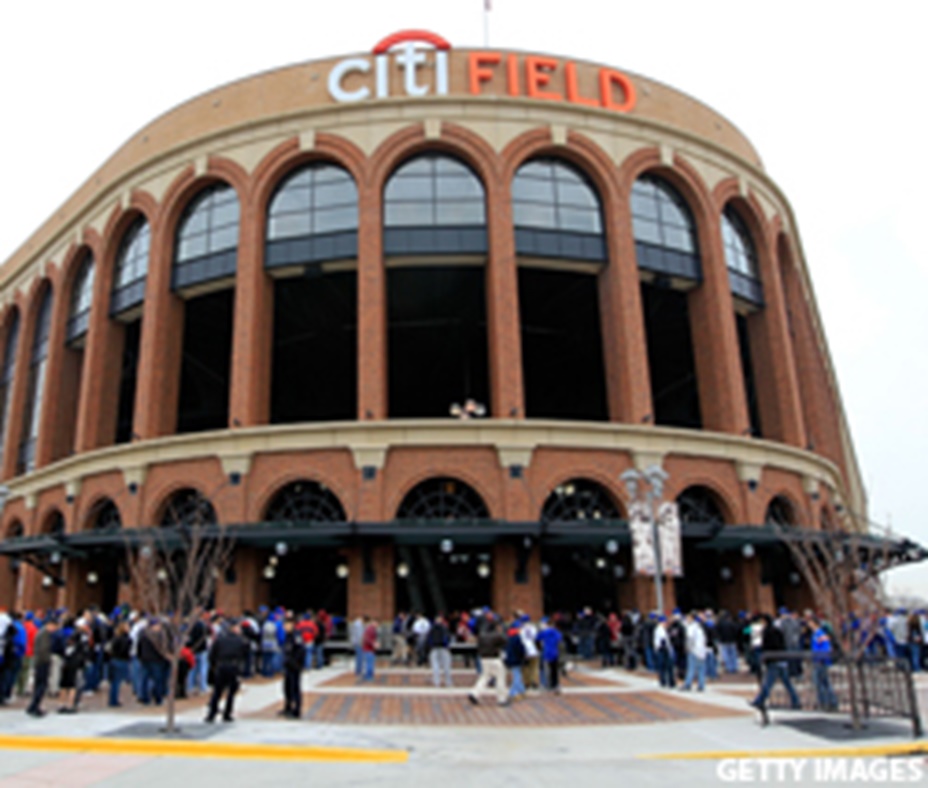U.S. District Court Judge Jed Rakoff today ruled that Mets Owners Fred Wilpon and Saul Katz, their families, businesses and charities "must pay as much as $83 million" to Irving Picard, the trustee for Bernie Madoff's victims, according to Adam Rubin on ESPN N.Y. Rakoff also ruled that the sides "will go to trial March 19 over an additional $303 million that Picard is seeking." The Wilpons' lawyers had filed a motion "to have the case tossed entirely." The Wilpons have asserted that because they "thought they had $500 million invested with Madoff at the time his scheme was discovered by authorities, they actually were losers -- despite withdrawing more money than they had deposited with Madoff" (ESPNNY.com, 3/5). In N.Y., Richard Sandomir notes barring a settlement, the trial "will focus principally on whether the Mets Owners ... were willfully blind to indications that Madoff was engaged in a fraud during their 25 years of investing with him." If they appeal Rakoff's ruling, they will "have to post a bond worth 110 percent of the monetary damages." If the figure is "as much as $83 million, they would have to come up with $91 million." Given the team's "current state of indebtedness -- and some $120 million in losses the last two years -- it is uncertain how easily the owners of the Mets will be able to come up with the money for the bond" (NYTIMES.com, 3/5).
FROM THE BALLPARK: On Long Island, Baumbach & Marshall cite financial records as indicating that the Mets' ballpark-related revenue, including "parking, concessions, stadium advertising and more, has all together dropped more than 30 percent since Citi Field opened in 2009, and premium-ticket sales have fallen almost 50 percent." Hundreds of pages of documents "provide a partial window into the cash flow of the franchise." The records "do not include some line items that would be found in other parts of the Mets' operations and are designed to show only that the Mets can repay their debts to the city." Not included is revenue from the team's "television contract with SportsNet New York and minor league operations expenses and the player payroll." Other records show that the player payroll "was $142 million last year and is estimated to be $90 million for the new season." Queens Ballpark Co., the subsidiary responsible for Citi Field operations, reports the stadium revenue that the company "plans to use to make its $43 million in annual bond payments." The financial statements also "reflect ballpark-related expenses, such as maintenance costs, and additional revenue from concessions and parking, the $20 million annual naming rights payment from Citigroup, and $26 million from stadium signage and advertising." Mets Exec VP/Business Operations David Howard said that the financials of Queens Ballpark Co. "do not reflect the team's overall economic picture." The revenue in the financial statements, with "premium seats representing the biggest chunk, is supposed to show the city that Queens Ballpark can make the bond payment." Howard said, "This is the defined revenue stream pledged to back up the bonds."
NUMBERS GAME: Baumbach & Marshall detailed the following numbers in the report.
- Concession revenue "dropped 28 percent since 2009 to $10.9 million in 2011, and parking alone fell 37 percent to $7 million in 2011."
- Ticket sales for 10,635 premium stadium seats, about 25% of the 42,000-seat stadium, "declined from $99.3 million in 2009 to $50.6 million through the end" of the '11 season.
- The Mets "pay $1 million annually to lease the stadium."
- Expenses for Citi Field "have stayed between $85 million and $88 million since the ballpark was built."
- The Mets are projecting an "increase in premium-ticket sales revenue, from $50.6 million last year to $56.5 million" in '12. Howard attributed the "drop in premium ticket revenue to cutting prices by as much as 40 percent since 2009, which he said was in response to the economic downturn and on-field performance."
- The Mets' total annual attendance "declined 26 percent from 2009 to 2011 -- from 3.2 million to 2.3 million." As a result of "shrinking attendance, revenue at Citi Field from concessions, parking and advertising slipped each year, with the only uptick from luxury-suite revenue, which is mostly based on multiyear contracts." The Mets "went from $3.8 million in 2009 to $7.7 million in 2011" (NEWSDAY, 3/4).




